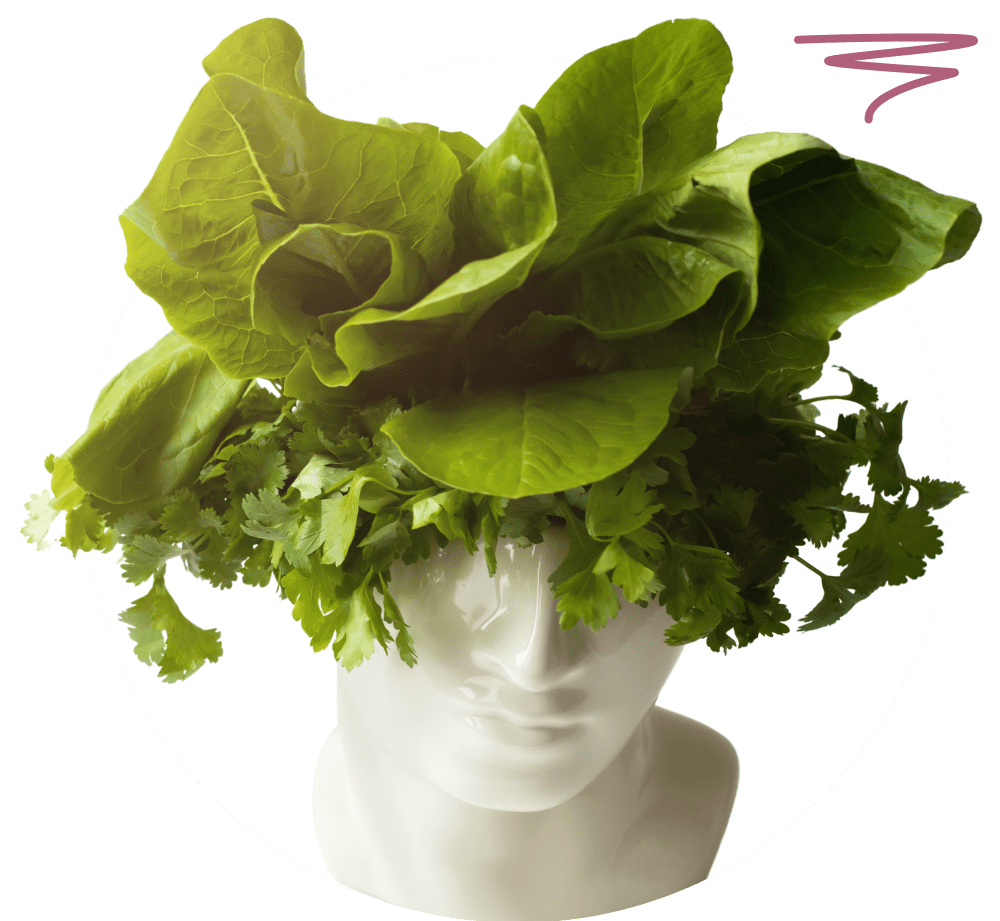We all have those days of sugar cravings when we feel “we have” to eat something sweet and tasty, like candy, chocolate, or even a soda at lunch.
Sugar is present in almost all processed foods that are part of our modern diet, not only in the obvious foods such as cakes, desserts, jams, and sugary drinks but even in bread, pickles, salad dressings, and other foods.
Sugars and starches trigger the brain to release serotonin, a substance that gives us pleasure, so it is not surprising that our brain keeps asking for more sugar over and over again.
When it comes to weight loss, it is key to reduce the consumption of sugars, since excess sugars are converted into fat, building up in the adipose tissue with the known consequence of weight gain.
How can we stop sugar addiction?
There are several strategies that we can implement in our daily lives to stop eating sugar, or at least consume less:
- Don’t try to stop all at once: if you eliminate all sugary foods from your diet overnight, it will be very difficult to stick with it and you’ll go right back to eating them.
- Choose real food: having a healthy diet based on real foods, such as whole grains, fruits, vegetables, pulses, meat, poultry, fish, and dairy products, and limiting the intake of processed foods will help you feel fuller for longer and keep in check your cravings for sugar.
- Check labels: sugar can be present in many foods and in many different ways. Sugars can be found under several names, like sucrose, brown rice syrup, honey, corn syrup, high fructose corn syrup, and molasses.
- Don’t stock up on sugary foods: if you have a sugar craving, it’s easier to give in to temptation if your pantry is full of sugary foods. It is better to buy just the right amount that you decide to eat at a certain time.
- Limit sweet drinks: even if they are sugar-free drinks, the excess sweetness can trigger your brain to crave more sugar, potentially making you fall into sugar cravings.
- Ensure you get enough protein and fiber in each meal: these nutrients will help give you a longer-lasting fullness sensation, preventing you from craving something sweet after a meal.
Asked by: Pamela W.
With a degree in Nutrition and Dietetics, Eva is a dietitian-nutritionist who is passionate about everything related to food and nutrition.
She is always in constant search of knowledge and loves to write about topics related to food, nutrition, healthy eating habits, and tips for a healthy lifestyle, making knowledge about food and nutrition education available to everyone, helping them to have better health.
She is also a chef and has experience in recipe creation and workshops on healthy cooking.









